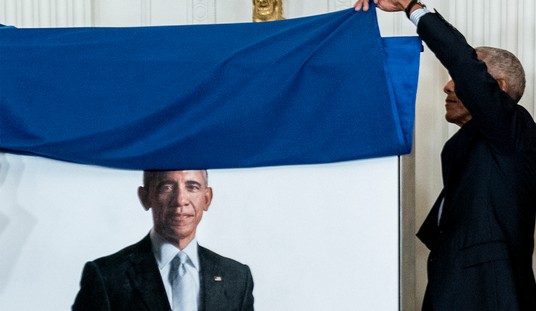America may possess the most powerful military in the world. But the nation’s ability to harness its soft power, specifically its entertainment exports, is what may cement how the rest of the world views — and respects — us.
So argues a new book with a great title: American Idol After Iraq: Competing for Hearts and Minds in the Global Media Age, by film executive Mike Medavoy and foreign affairs correspondent Nathan Gardels. Reality shows and blockbuster movies aren’t just puffery, they argue. They are weapons in the war to influence public opinion. And right now, Medavoy and Gardels feels pop culture is firing mostly blanks.
It’s all fascinating grist for a book, and the authors expand the subject to include a number of crucial sub-topics. But Idol doesn’t have the courage to follow through on its main premise. To do so would veer into the kind of discourse you might hear from a “family values” Republican.
In essence, if American entertainment cleaned up its act, the world might view us in a more positive light. But the book doesn’t argue so much about R-rated content as it does that American films aren’t sensitive enough to the rest of the globe.
Early on, the book does make some salient points: “Sometimes films and television shows mislead outsiders about American life, for example by the near total absence of religious expression in mainstream entertainment.”
But Idol goes on to list American weaknesses and missteps with alacrity — and often accuracy — but can’t do the same for other countries. It’s the liberal two-step. We’re wrong, wrong, wrong on most counts, but every other country gets a moral pass. We lack insight and experience regarding other countries to our everlasting shame — but it’s never to other countries’ shame that they misinterpret the U.S.
The authors clearly had “hope and change” on the brain as they huddled together to create Idol. Every few pages, they reference how President Barack Obama will right some of the wrongs committed by President George W. Bush — asides given no real weight since Obama hasn’t done anything yet in his young presidency. Let’s wait for him to change the world before writing about it as if it’s a fait accompli.
The authors then remind us — as if it were news to celebrate — that a Hamas spokesman said he preferred Obama as president.
Also left unexplored by the book is how Hollywood continues to work against its own self-interest — the bottom line — to create films which drag down America’s image across the globe.
Can anyone argue that Brian De Palma’s Redacted, a vicious attack on U.S. soldiers that bombed spectacularly at the box office, improved this country’s image? Yet the authors write how Hollywood “is all about translating that creativity into cash.” They write, “Hollywood executives say they would happily make 200 religious films a year if they thought they’d sell.”
What about The Passion of the Christ? Or the small fortune made by the micro-indie Fireproof?
The other elephant thundering through the slim book’s pages is how negatively Hollywood treats our military and war efforts. It’s one thing to argue that Hollywood’s soft power is an awesome tool for global branding. But how can they ignore how many films treat the U.S. soldier like a lawless animal, or that the Academy gave an Oscar to Fahrenheit 9/11, a fictionalized assault on the presidency?
Those omissions render the book an intriguing — but ultimately dishonest — read.
Idol’s purpose isn’t to suggest draconian measures to influence the stories coming out of Hollywood. Instead, it wants the Obama administration to create an Information and Public Exchange Forum based on the Public Broadcasting System model. The Forum would “de-nationalize” the news Americans currently receive, among other objectives.
Hollywood, for its part, would build a Council on Cultural Relations to “raise the global sensibilities of the storytellers in Hollywood.”
The book finds comfort in government support for projects which critique the Iraq War, but blanches at the thought of supporting Fox’s 24, which deems torture an acceptable way to glean critical information on terrorism.
Essentially, Idol wants to place deeply liberal Hollywood power brokers and the current deeply liberal administration in charge of the soft power brigade.
The book’s most damning passage recalls how Karl Rove approached Hollywood after 9/11 for help in the war on terror. The industry balked at the idea of helping the country out by making movies that would make Muslims understand the real America. Creative minds simply couldn’t side up with President Bush, even if it meant the country suffered as a result. That passage makes up only a paragraph or two, but a meatier book would have dug deeper into that disconnect.
Despite its flaws, American Idol After Iraq will inspire debates the country needs to have regarding the power of pop culture. Actions have consequences, and so do images, especially when delivered with the force and scope of the Hollywood dream machine.
But one wishes the authors could follow their arguments through to more intellectually consistent conclusions.









Join the conversation as a VIP Member